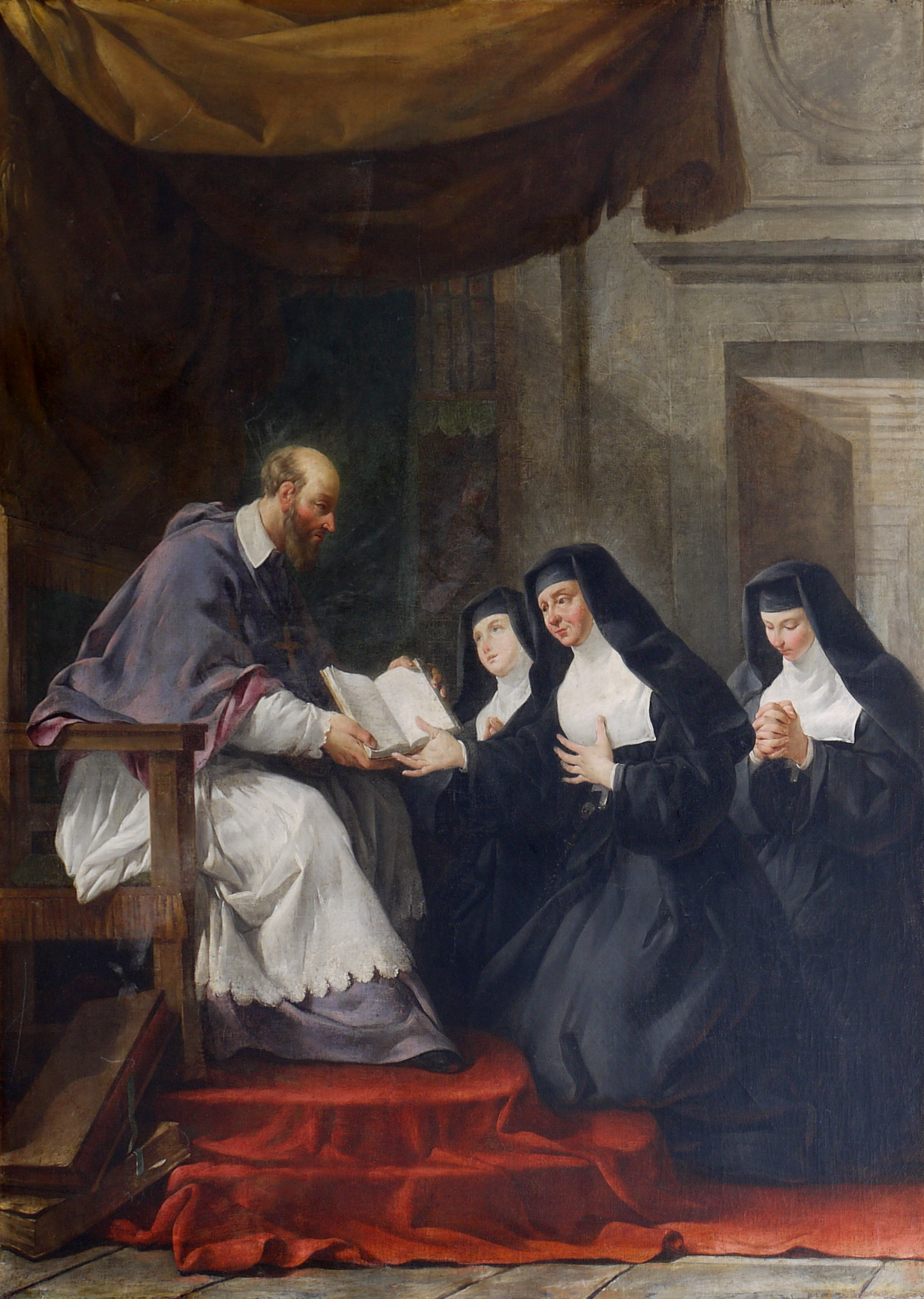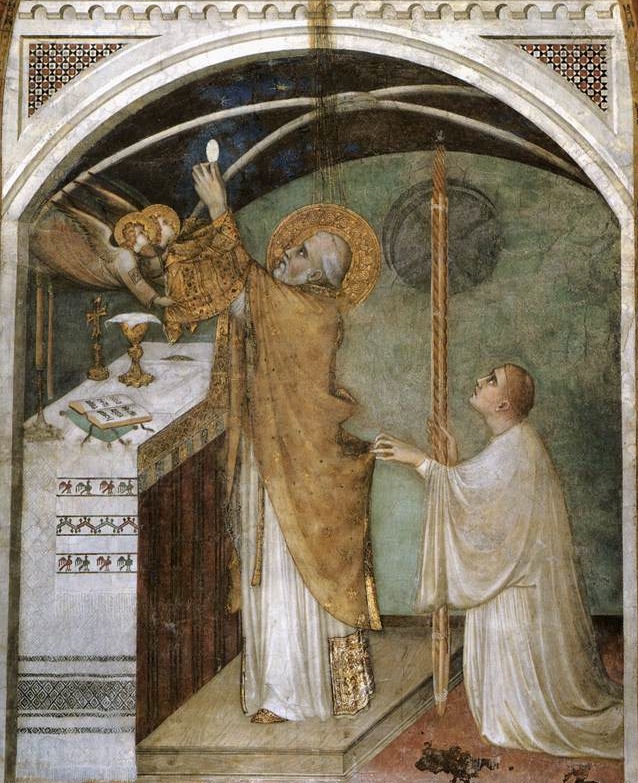The pursuit of the religious life is a challenging endeavor. In reality, all of life challenges. This afternoon, speaking with my landlord/roommate, the Presbyterian minister, he informed me he was fired from his position as a Hospice chaplain. His only source of income. He is devastated. Putting aside personal opinions, offering compassion, I provided fellowship. He wanted to discuss details, telling me a family complained, feeling he overstepped boundaries. Their father was dying and he sat with them. They asked if they could be alone with their father. He responded affirmatively, leaving the room. He could not recall exact details. The day of the event or other specifics, yet he thought he recalled reentering the room. His recollection was cloudy. He then proceeded to inform me he was on probation for complaints from nurses regarding personal conversations. The nurses were uncomfortable with his inquisitive nature. The stunning news only called forth a friendly nature. I halted imagination, not allowing the advancement of speculation. I even stopped him in his exploration of details, stressing it was over. No dwelling. It was time to look ahead. I offered advice. Prayer, without a doubt, was called for; consolation with a spiritual director, a letter of apology to the Hospice. The desolation he expressed could only be properly handled through a mature response. God was speaking.
Jogging and walking today, the maturity I have been centering upon came into finer definition. It is through knowing myself, the accepting of limitations, the recognizing of strengths, and the willingness to endure through vulnerability, weakness and humility. I know who I am and who I am not. Teresa of Avila stresses the determining factor of proper self-knowledge. We cannot mature if we do not see ourselves for who we truly are. In regards to the pursuit of the religious life, that can prove difficult. The majority of pursuers become convinced they can do nothing wrong as long as God is their aim. Many of my quotes from saints touch upon the concept. Those mature in faith understand the intense responsibility and challenge before them. Even under the strictest and most devout pursuit they are on guard against selfish ambitions. They do everything to ensure depth, the avoidance of manipulating faith for self-love. Spiritual maturity is difficult since it is so easy to become self-righteous, self-promoting, constantly seeking those who support and nurture delusion. Water seeks its own level. There is an elderly gentleman at St Paul’s who often looks at me with scrutiny. I feel him questioning my efforts. I admire the man, respecting his humble mature behavior, absorbing his doubt, embracing it as a means of questioning myself, ensuring authenticity. I like the examination.
Reasoning, I determined, a consecrated religious has a greater chance of attaining maturity through the sacrifice and obedience to the Church. They undergo formation through a spiritual director, superiors, education, and fellow religious brothers and sisters. They are forced to answer to those directed upon them. They are held accountable for their words and actions. Acquiescence is a way of life. Through formation a sound prayer life is established. Infusion imparted. God is active in the maturing. Retreats strengthen, alone time with God. The consecrated life is not just taking. It is sacrificing. Speak to consecrated people and most will agree it is belittling at times. They give their very life to the Church. Bishop Sheen has a widely read book amongst religious titled ‘A Priest is Not His Own’. Through such demands of vulnerability and surrendering maturity is achieved. I am convinced for similar reasons marriage offers maturity, while the single life, greater in potential, stagnates most in a life of immaturity. In marriage, one is no longer his or her own.
In regards to the spirituality of Teresa of Avila, advancement from the third room to the fourth, the first truly mystical room, is important to understand. The third room is the advancement of one past the stage of a beginner. However progress has been made through sheer free will, reasoning and conscience. The religious pursuer has done everything themselves. They still do not know themselves, able to identify their weaknesses, and tendencies of self-absorption. Delusion remains. Most will fall in love with looking about the third room. They become attached to socializing, dancing about, developing a reputation, becoming a noted identity, a self-perceived celebrity. Throughout Teresa’s writing she stresses the importance of not becoming enamored with a room, so caught up in looking around, one is never able to advance beyond. The third room most will never exit. Many will regress backwards. It is the room when self-love, the manipulating of faith, hope, and charity for self-aggrandizement becomes a reality. The fourth room is beautiful in being. Once maturing, developing in prayer and the virtues within the third room, one is lifted into the fourth room. Grace is received. Detachment from the world, freedom from the cravings of sin, a presence within the heart flowering; and above all of that, within the stillness and quietness of the inception is the awareness that it is nothing of one’s doing. It is all God. Infusion into a ready, weak, open, vulnerable, and willing individual of prayer and state of grace. A humble person who is truly advancing in self-knowledge.
Mass today brought greater clarity regarding maturity. What it is and what it is not. First, examination of mass preparation. I utilized the wonderful downtown library drive-thru window, picking up an amazing individual I am intrigued by Sister Hrosvitha (many spellings of her name). There will be more on her to come in the near future. An hour remaining to the start of mass, I decided to park my vehicle, enjoying a lake view for pleasantry and meditation. The immensity of Lake Erie, sailing boats decorating, quieted the mind. Walking into mass, a gentleman from early recovery, a kindly devout man, a fine artist, greeted me. I made a point of walking over to him shaking hands. He mentioned Calix would be the following morning, excited, encouraging me to attend. I smiled in reception of the words. Walking to my normal seat, hidden behind a column, I noticed another recovery gentleman, a clownish man, sitting in my row. I just did not feel like another recovery entanglement. I sat in an abnormal seat, feeling exposed throughout the mass. The presence of Ann haunting for usually I can feel her attendance. However within all of this chaos, all glory goes to God, I was able to center myself, focusing fixedly upon God. I felt unsteady, not having my column to my back, yet I honed in. I utilized the distractions to draw me closer to God.
That reminds me of the Homily and a friary incident. It was the feast day of St James, the Brother of Thunder with John of the Gospels, the apostle honored in Spain through the ancient tradition of the Santiago de Compostela. Father Sam designated James as the Greater, also mentioning the other apostle James the Lesser. During friary days, our meals could be raucous events, unless of course silence was ordered. Once the reading was concluded the floor was open to communal conversation. Brother Corey, a lovable Dow Syndrome young man joining the order, a postulant partner, began teasing me. One of my greatest thrills during friary days was Brother Corey searching me out because he missed an office and needed someone to pray with. What a blessing that was. During the teasing, the fun-loving, always ready to joke, Brother Corey kept calling me James the Lesser. His antics erupting great laughter from himself. I could only smile. Brother Pio, in my humble opinion the holiest, most mystical, of the brothers—a future priest who will massively strengthen the Church, striving to do no less than his namesake, Brother Pio sat next to me during Brother Corey’s amusement. He leaned over to me expounding. “It is good he calls you the Lesser. Those who are the least will be first in heaven. James, a Thunder Brother, was greater in the eyes of the world. Who knows who is greater in the eyes of God? It is better for others to look at you as a lesser”. The thought of Brother Pio brings such joy. There is a mature soul, and understand I do not even think he is in his thirties yet. If a reader is curious in the recent photo posted, he is the brother in the third row whom the Bishop’s staff is photographically touching. There were stories that when he first joined, Father worried about him. His voice was so awful, he proved to be an intensely abrasive element during prayers. Another insight. While brother would pray he would lose himself in ecstasies, eyebrows twitching, absolutely lost. Brother Corey would stare, busting into laughter at times. Away from the chapel, you could catch him imitating the strange brow movements. Brother Pio would also position himself absurdly at times. Dramatically kneeling, hands held high in prayer, or clutching his heart with both hands for the entire hour. Never doubting, well to be honest–a statement about me–at times I did, his authenticity. I determined the acts were genuine, and if not his intent was to subject himself to ridicule, scrutiny, and attention in order to battle through them into clear concentration upon emptiness and the absolute reception of the Eucharist. I know attention meant nothing to him. During social events he was approachable, yet disappeared quickly, always opting out of casual socializing whenever nonattendance was offered as an option. I watched him closely, always aware of what he was doing. A man almost half my age, yet I never took my learning eye away from him. I noticed during communal conversation, whenever he determined a conversation devolved into superfluous banter, he politely, nonassertively, slipped away.
Anyway back to mass, this is becoming long, consuming more time then intended, God is good providing and giving to those humble in patience and simplicity. After mass, after the circus departed, in the absence of adoration and regular communal prayer due to a wedding, a handful of people sat in silence and prayer. There was God being revealed, the Eucharist consumed still freshly lingering. It reminds me of a popular child’s story by E.B. White: ‘Charlotte’s Web’. I always admired the beginning. The story starts at an end. A lively country fair is concluded. The remnants of festivities littered about. The fun-loving curiosity seekers parted. That is where the story begins. A Holy Hour before the Tabernacle, quenched through prayer, stillness, and silence. Invigoration ensued. Parting from the Church, the Philippine prayer leader Shirley called me over to her in the gathering room, desiring to know how my retreat went. Through flowing Holy Spirit inspired conversation, she told me something stimulating. During her ‘great conversion’ as she calls it, she spent a three day Eucharistic weekend retreat at St Paschal Baylon with the Congregation of the Blessed Sacrament. The weekend was essential in her formation, sprouting a tremendous devotion to the miracle of the Eucharist. She knew Father Paul Bernier, the fact he served in the Philippines for so many years. She knew his book on the Eucharist. Her mature advice impressed me, she encouraged me to pursue, praising the Third Order of the community, yet also understanding that most important I discern the call of God.
I want to end with powerful words from a priest’s website. He covers Teresa of Avila’s thoughts with intelligence and depth. He is staunch in his reprimand of relying upon centering prayer, a prayer of quieting as an immature approach to faith. The words are Teresa’s. He quotes her several times in proof for his stance against the reliance upon centering prayer. So much other work needs to be done. I toss in the need to always beware of the Eucharist. My quieting is done before the Eucharist, not emptying being filled, often while praying a Rosary or the Divine Office, at times simply talking to the Eucharist. Overall, St Teresa slams home the idea of proper prayer.
Firstly, he who reasons less and tries to do least, does most in spiritual matters. We should make our petitions like beggars before a powerful and rich Emperor; then, with downcast eyes, humbly wait. When He secretly shows us He hears our prayers, it is well to be silent, as He has drawn us into His presence; there would then be no harm in trying to keep our minds at rest (that is to say, if we can). If, however, the King makes no sign of listening or of seeing us, there is no need to stand inert, like a dolt, which the soul would resemble if it continued inactive. In this case its dryness would greatly increase, and the imagination would be made more restless than before by its very effort to think of nothing. Our Lord wishes us at such a time to offer Him our petitions and to place ourselves in His presence; He knows what is best for us. I believe that human efforts avail nothing in these matters. –‘Interior Castle’









Recent Comments